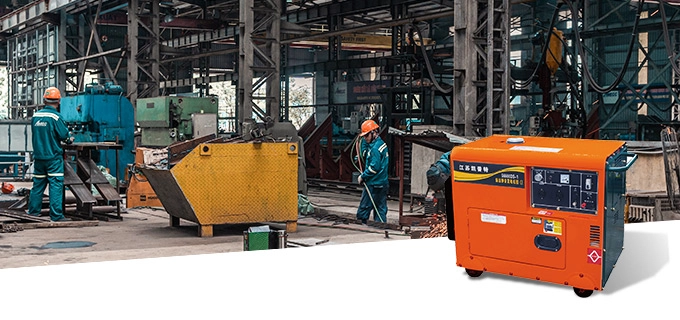Diesel engines are renowned for their robustness and reliability, but they face unique challenges when operating in cold weather conditions. From decreased fuel efficiency to potential mechanical failures, frigid temperatures can significantly impact the performance of diesel engines. However, with proper strategies for winter operation and maintenance, these challenges can be effectively mitigated, ensuring optimal performance even in the coldest environments.
Exploring the Influence of Cold Temperatures on Diesel Engines
Cold weather poses several challenges to diesel engines, primarily due to changes in fuel properties and engine operating conditions. Fuel viscosity experiences one of the most notable effects. As temperatures drop, diesel fuel thickens, which can impede its flow through fuel lines and filters, leading to poor engine performance and potential fuel starvation. Additionally, cold weather affects lubrication, making it harder for oil to flow smoothly and adequately lubricate engine components, increasing friction and wear.
Moreover, low temperatures can diminish battery efficiency, heightening the difficulty of engine ignition, particularly in severe cold climates. Diesel engines rely on compression ignition, and if the engine does not achieve sufficient compression due to cold oil and battery issues, starting becomes a considerable challenge.
Strategies for Winter Operation and Maintenance
Use Winter-Grade Diesel Fuel: Winter-grade diesel fuel contains additives designed to improve cold flow properties, preventing wax formation and ensuring proper fuel flow even in freezing temperatures. Using winter-grade diesel fuel is essential for maintaining engine performance during the winter months.
Block Heaters and Engine Warm-Up: Installing block heaters and preheating the engine before starting can significantly aid in cold weather operations.
Block heaters warm the engine block and coolant, reducing cold-start issues and improving fuel combustion efficiency. Allowing the engine to warm up before driving helps ensure that oil flows smoothly, reducing wear on engine components.
Maintain Battery Health: Cold temperatures can significantly reduce battery efficiency, making it crucial to ensure that batteries are in good condition and adequately charged. Regularly check battery terminals for corrosion, and consider investing in cold-weather batteries or battery blankets to maintain optimal performance in winter conditions.
Monitor Fuel Quality: In cold weather, it’s essential to monitor fuel quality closely. Water contamination can lead to fuel line freeze-ups and injector issues. Use fuel additives to prevent water accumulation and ensure that fuel filters are regularly inspected and replaced as needed to maintain proper fuel flow.
Insulate Fuel Lines and Filters: Insulating fuel lines and filters can help prevent fuel from gelling in cold temperatures. Wrapping them with insulation or using electric heat tape can maintain fuel temperature and prevent blockages, ensuring consistent fuel flow to the engine.
Adjust Operating Practices: In extremely cold conditions, adjusting operating practices can help optimize diesel engine performance. For example, allowing the engine to idle for a few minutes before shutting down can prevent moisture buildup in the exhaust system and reduce the risk of cold-start issues.
Monitor Coolant Levels and Antifreeze Concentration: Proper coolant levels and antifreeze concentration are crucial for preventing engine freeze-ups in cold weather. Regularly check coolant levels and ensure that the antifreeze concentration is appropriate for the lowest expected temperatures to prevent engine damage.
Operating diesel engines in cold weather requires careful attention to maintenance and operational practices to ensure optimal performance and reliability. By understanding the impact of cold weather on diesel engine systems and implementing strategies such as using winter-grade fuel, preheating the engine, maintaining battery health, monitoring fuel quality, and adjusting operating practices, operators can navigate winter challenges effectively. By implementing proactive maintenance and employing effective strategies, diesel engines can maintain optimal efficiency and reliability, even amidst the most severe winter conditions.




